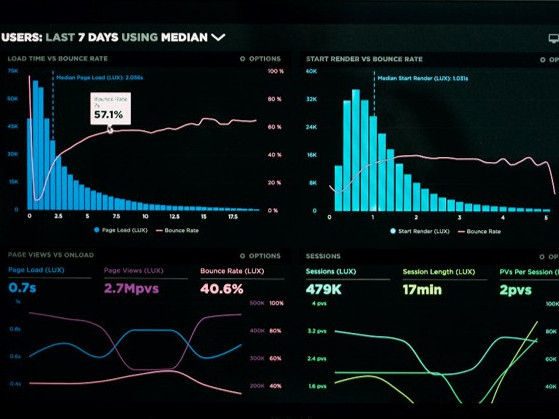The human-centered systems lab (h-lab) headed by Prof. Dr. Alexander Maedche at the Institute for Information Systems (WIN) focuses in research, education, and innovation on designing human-centered systems for better work and life.
Our mission is to create impactful knowledge for designing human-centered systems for human productivity and well-being through relevant and rigor scientific research. We leverage artificial intelligence (AI) and biosignal sensor technologies in combination with a human-in-the-loop paradigm to continuously involve humans in the design process. We follow a socio-technical research approach for increasing human productivity and well-being through human-centered systems.
We contribute to the fields of human-computer interaction (HCI) (Mensch-Computer Interaktion) and information systems (IS) (Wirtschaftsinformatik). We believe that delivering cutting-edge knowledge and inspiring education, as well as an ongoing dialog with the public need to go hand in hand to maximize the impact of our work in organizations and society.
Our current research topics are:
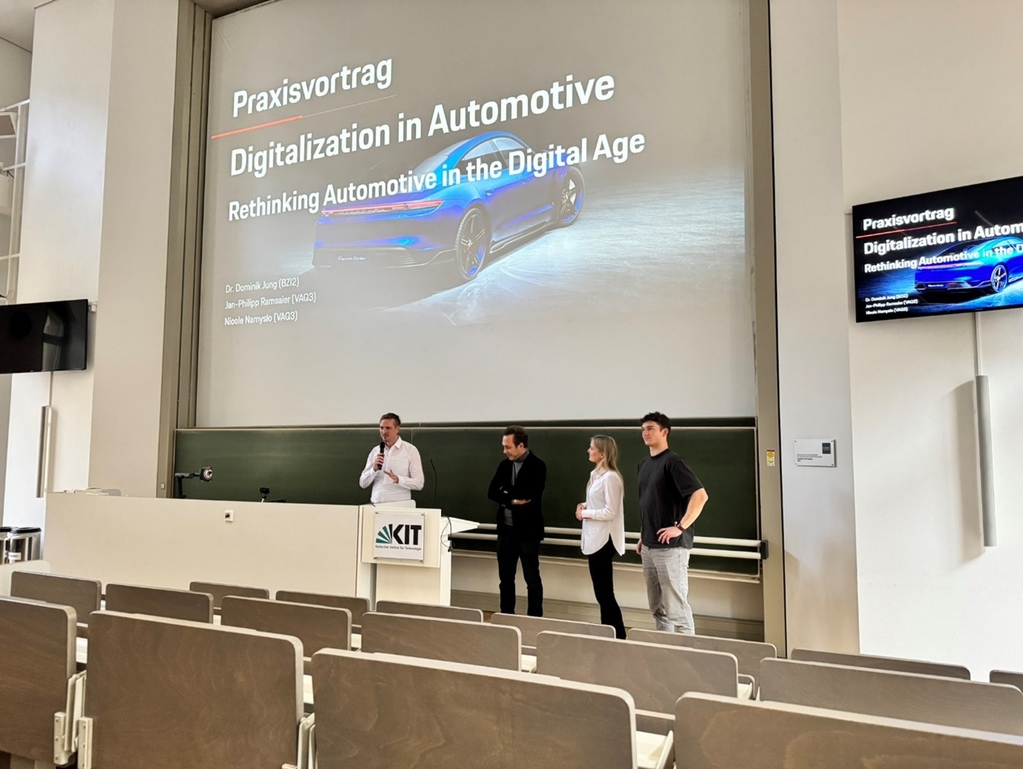
On December 19, 2024, experts from Porsche, including Dr. Dominik Jung, Max Arnold, Jan-Philipp Ramsaier, and Nicole Namyslo,shared their knowledge and experiences in our B.Sc. lecture Information Systems I. In the talk it was discussed how data analytics, quality assurance, and digital procurement processes are reshaping the way OEMs approach innovation and industry challenges.
More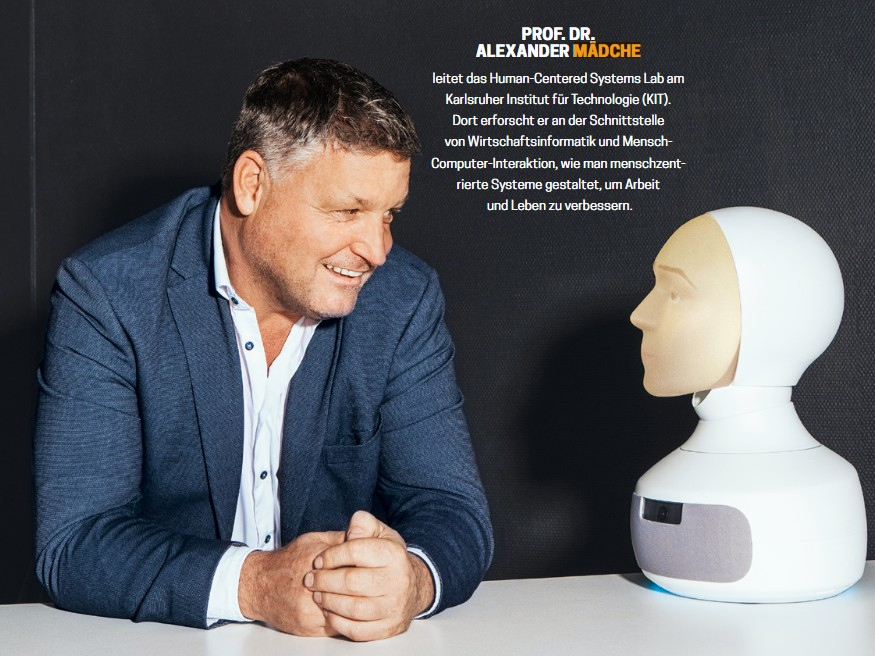
The aim of the Health Knowledge Foundation is to encourage people to become co-creators of their health. To this end, the foundation provides information on health topics. In an interview, Prof. Mädche provides insights on current research at the human-centered systems lab on personalization and adaptive systems. He emphasizes the importance of personalization in the context of health information that is delivered through information systems. The interview is available in the current brochure “kompetent”
More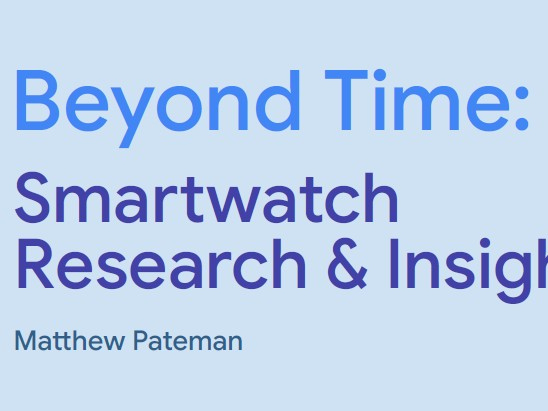
We were very pleased with the industry talk by Matthew Pateman given as part of the M.Sc. course "Engineering Interactives Systems: AI & Wearables".
Matthew works as Staff User Experience Researcher at Google in London. He is part of the WearOS team. As part of his lecture, Matthew presented insights of contemporary UX research in the field of smartwatches. Additionally, he outlined current trends in the wearables domain.
More

We would like to wish Merry Christmas and a Happy New Year to our students and partners. We thank you for the fruitful cooperation in 2024.
We will discontinue on-site operations between Monday, December 23rd, 2024 to Monday, January 6th, 2025. From Tuesday 7th, 2025 the regular opening hours will apply again.
More
We welcome Martin Feick as a new team member and postdoctoral researcher at the human-centered systems lab of Prof. Mädche at KIT.
Martin holds a Master and Bachelor of Sciences in Applied Computer Science from HTW Saar. He worked on his PhD in the field of Human-Computer Interaction at the Ubiquitous Media Technology Lab (UMTL) at Saarland University, and he was a researcher in the Cognitive Assistants Department at the German Research Center for Artificial Intelligence (DFKI) in Germany. [...] His research explores how we can create immersive technology that seamlessly blends into our everyday lives, focusing on extended reality, interactive and adaptive systems.
More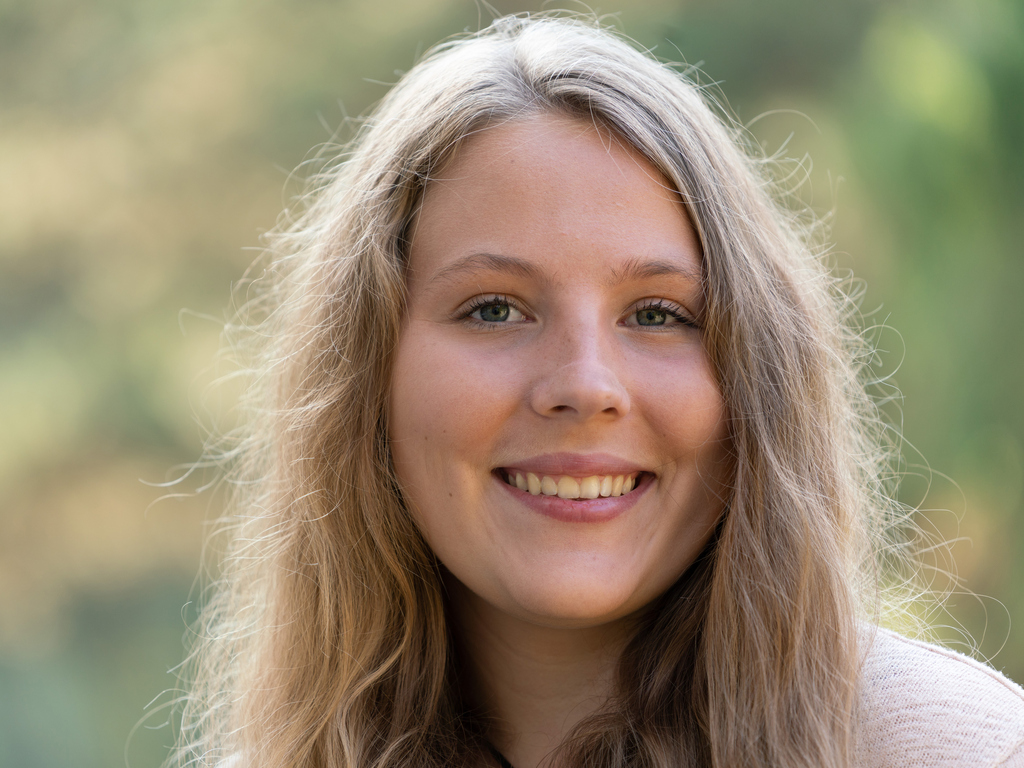
We welcome Anna Sommer as a new team member and doctoral student researcher at the human-centered systems lab of Prof. Mädche at KIT.
Anna holds a B.Sc. degree in cognitive science and M.Sc. degree in cognitive computing from University of Osnabrück. She worked three years as software developer in the field of voicebots and chatbots. She will dedicate her research on generative AI-based assistants in the context of Enterprise Systems. Her doctoral project is funded by SAP SE and is located in the area of SAP Sustainability.
More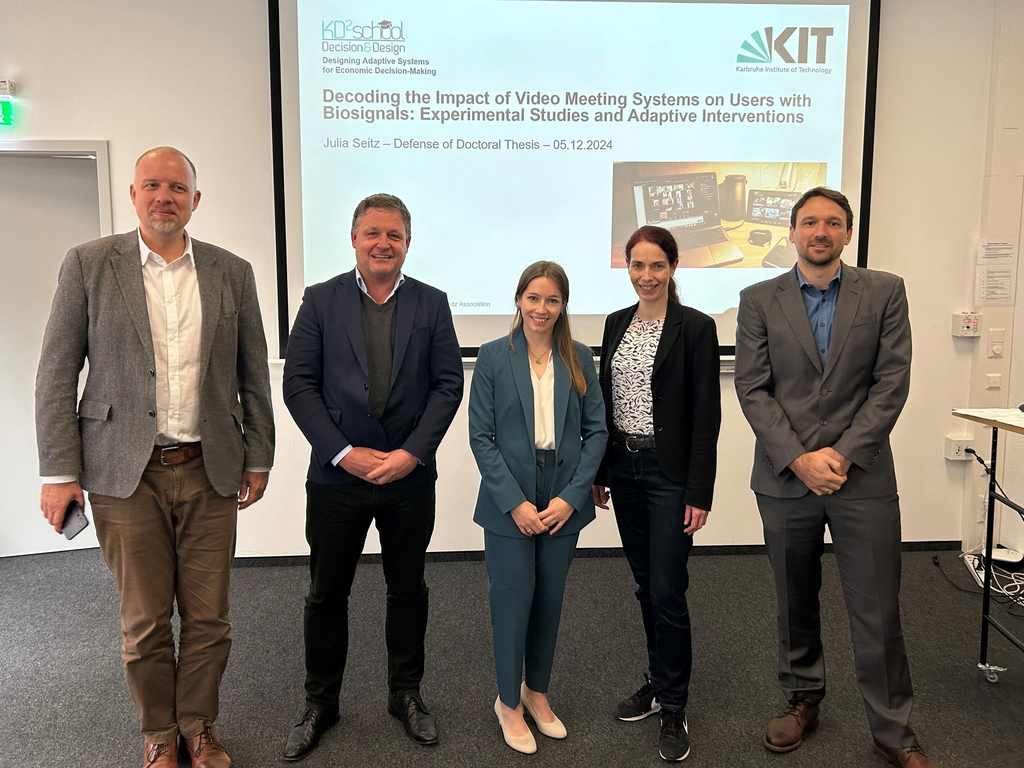
Successful PhD defense by Julia Seitz Julia Seitz successfully defended her PhD thesis titled “Decoding the Impact of Video Meeting Systems on Users with Biosignals: Experimental Studies and Adaptive Interventions“ on December 5th 2024. The thesis project was carried out as part of the KD2School ( https://kd2school.info/ )
More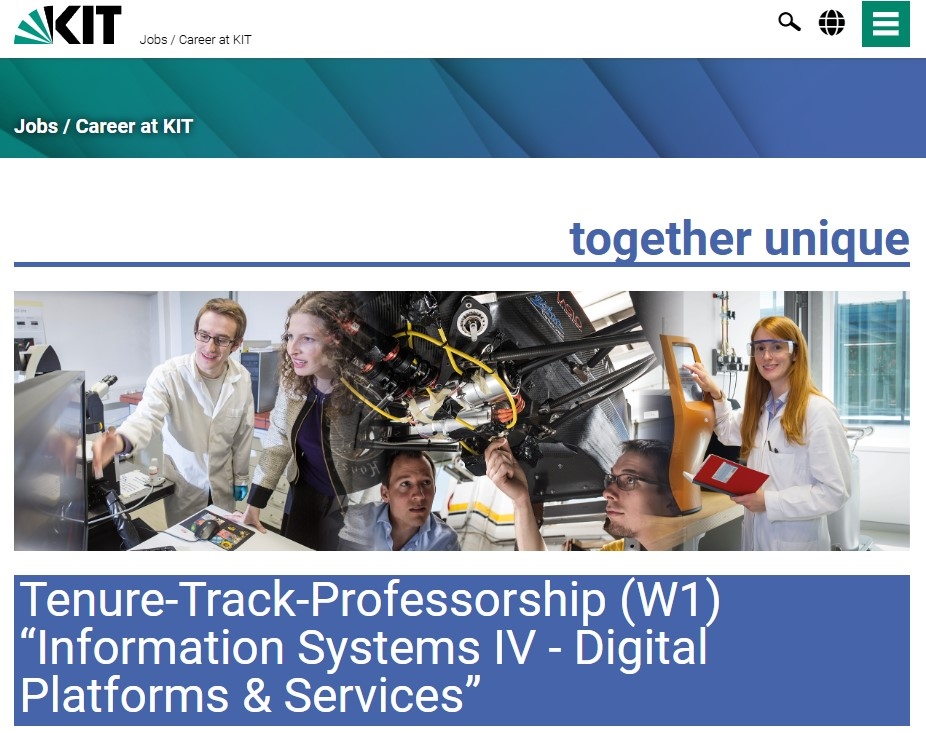
Tenure-Track-Professorship (W1) “Information Systems II - Digital Platforms & Services” The Tenure-Track-Professorship focuses on the socio-technical understanding and design of sustainable digital platforms and services. The Tenure-Track-Professorship applies empirical and design-oriented research methods and promotes social acceptance.
More_cut_rdax_98p.jpg)
The paper co-authored by Julia Seitz, Ivo Benke, and Alexander Maedche is published in the Proceedings of the ACM on Human-Computer Interaction and willl be presented at CSCW 2024 in Costa Rica between November 9-13 2024. In their experimental study, the authors analyzed the ambivalent nature of the self-view - a mirrored image of oneself in the video call using self-report and eye-tracking data. Their findings reveal the impact of having a self-image present versus an absent self-image on the user's cognitive load and control.
More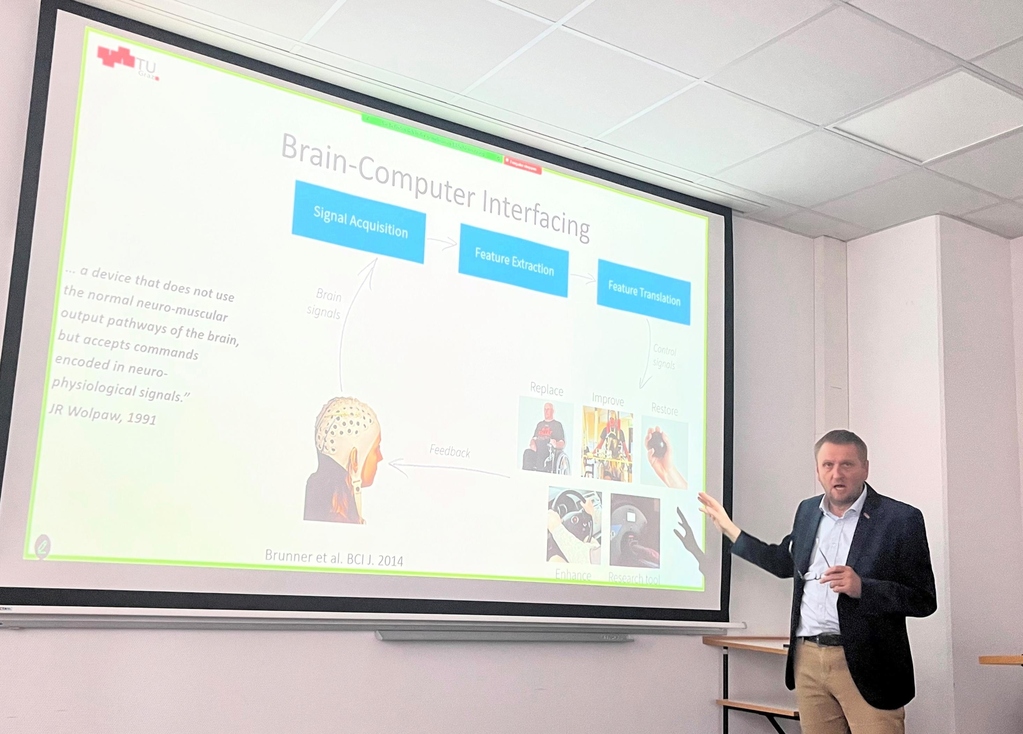
On November 5, 2024, Prof. Dr. Gernot Müller-Putz gave a lecture entitled "Electroencephalography - A universal tool for neuroscientific research" as part of the Decision & Design Speaker Series. In his talk, he gave an insight into the impressive progress in the field of brain-computer interface research in the recent years. The Design & Design Speaker Series is offered as part of the KIT Future Field III project " Decision-Making in Hybrid Adaptive Systems for Better Work and Life - An Open Science Approach " in close cooperation with the DFG-funded Graduate School KD2School.
More
New Job Opportunity: Working Student Position in Collaborative Research Project with EnBW AG Additionally, you will have the opportunity to develop and optimize dashboards for data visualization and analysis.
More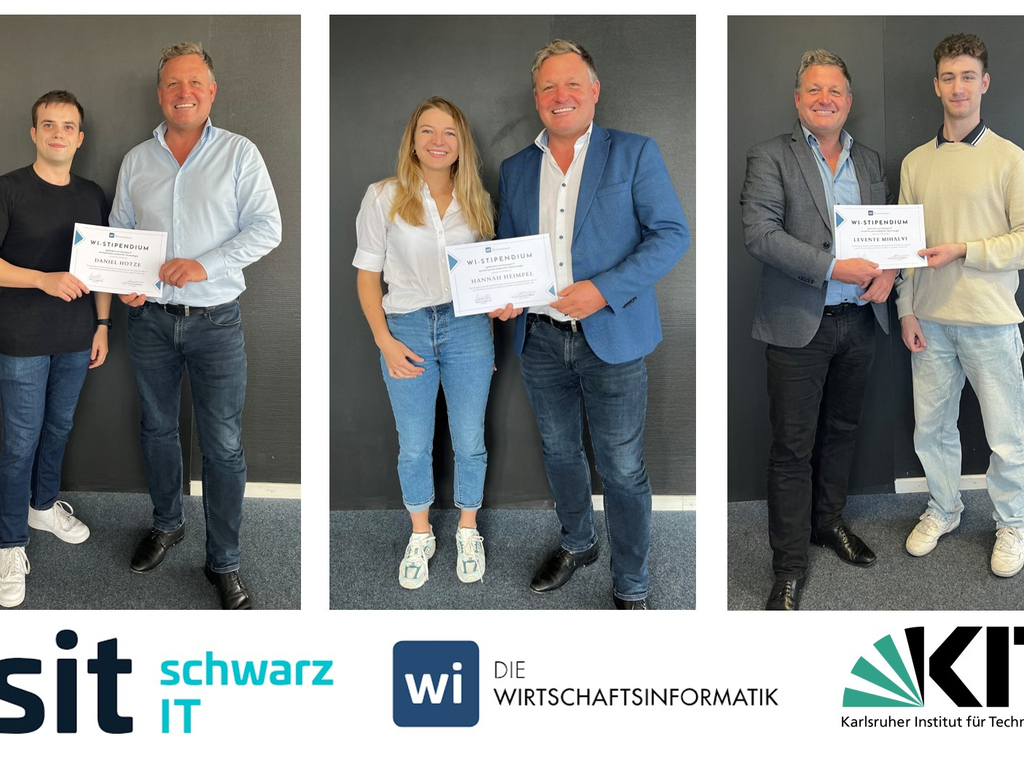
The information system students Daniel Hotze, Hannah Heimpel, Levente Mihalyi, and received an IS scholarship funded by Schwarz IT. The scholarship is awarded by the non-profit association " Die Wirtschaftsinformatik e.V. " and serves to promote young people in the field of IS. For the 2024/25 period, three IS scholarships were funded by Schwarz IT KG at Karlsruhe Institute of Technology (KIT) supporting students of the Information Systems program .
More



